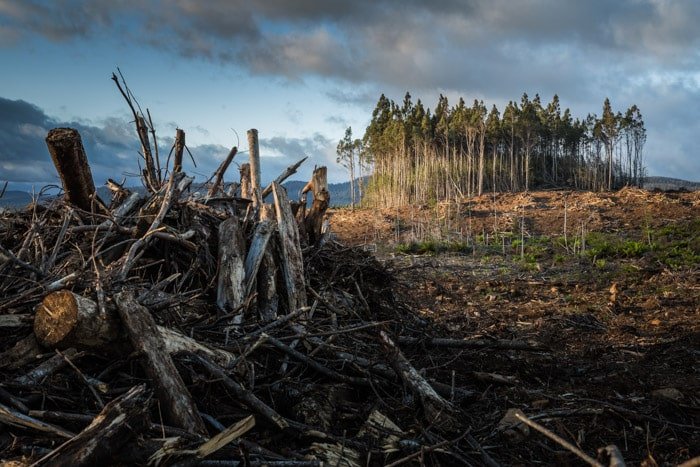The World Bank’s latest Groundswell report found that over 216 million people could move within their countries by 2050, as they seek refuge due to climate change.
If you are wondering why climate change would cause people to move, you are not alone. Many are confused about how climate change and mass migration relate.
Though they hear about climate change daily, they don’t fully understand how it can impact their lives. So, this report and a previous report by Groundswell are important.
You see, climate change doesn’t just affect wildlife and nature. It affects people who live within the environment, too. So, when these changes take place, it upsets the dynamics between populations and their economic development.
Just think, as water becomes less available or crops cannot be produced, people flee. People do not have water for basic needs; farmers do not have water to grow crops. Food becomes scarce, and economic opportunity is limited. Same when an area has rising sea levels or extreme weather – people cannot live where their safety is at risk.
If climate change continues, can you blame people for leaving areas most impacted? Most would have to find somewhere better to live – for the sake of themselves and their families. The trouble is, where will they all go?
According to Groundswell, mass migration patterns will emerge in 2030 and increase in intensity by 2050. Unfortunately, many areas may not have the infrastructure or resources to support these booming populations. This can place existing residents at risk, especially the most vulnerable.
Both Groundswell reports provide policy recommendations that can help regions slow and prepare for migration. However, quick, and targeted action across the globe to combat climate change could reduce these patterns by 80%. And let’s face it – reducing these patterns is really the best option. At the end of the day, people do not want to leave their homes – they just want to have the best lives possible within them.
The report’s lead authors, Kanta Rigaud and Viviane Clement believe there is hope. “Cutting emissions and ensuring that development is green, resilient, and inclusive is at the heart of curbing the human cost of climate change. At the same time, countries can also anticipate and prepare for the drivers of migration…by supporting communities to adapt in place by diversifying livelihoods or by facilitating mobility when needed.”
Carbon offsets may be the best solution. They help reduce carbon within the atmosphere and can boost socio-economic opportunities in areas most at risk.
Based on Groundswell’s latest report, it will be interesting to see how various regions react and prepare. The data is there: climate change is a significant threat to civilization as we know it. We can no longer idly sit by.
The time to act against climate change is now.

